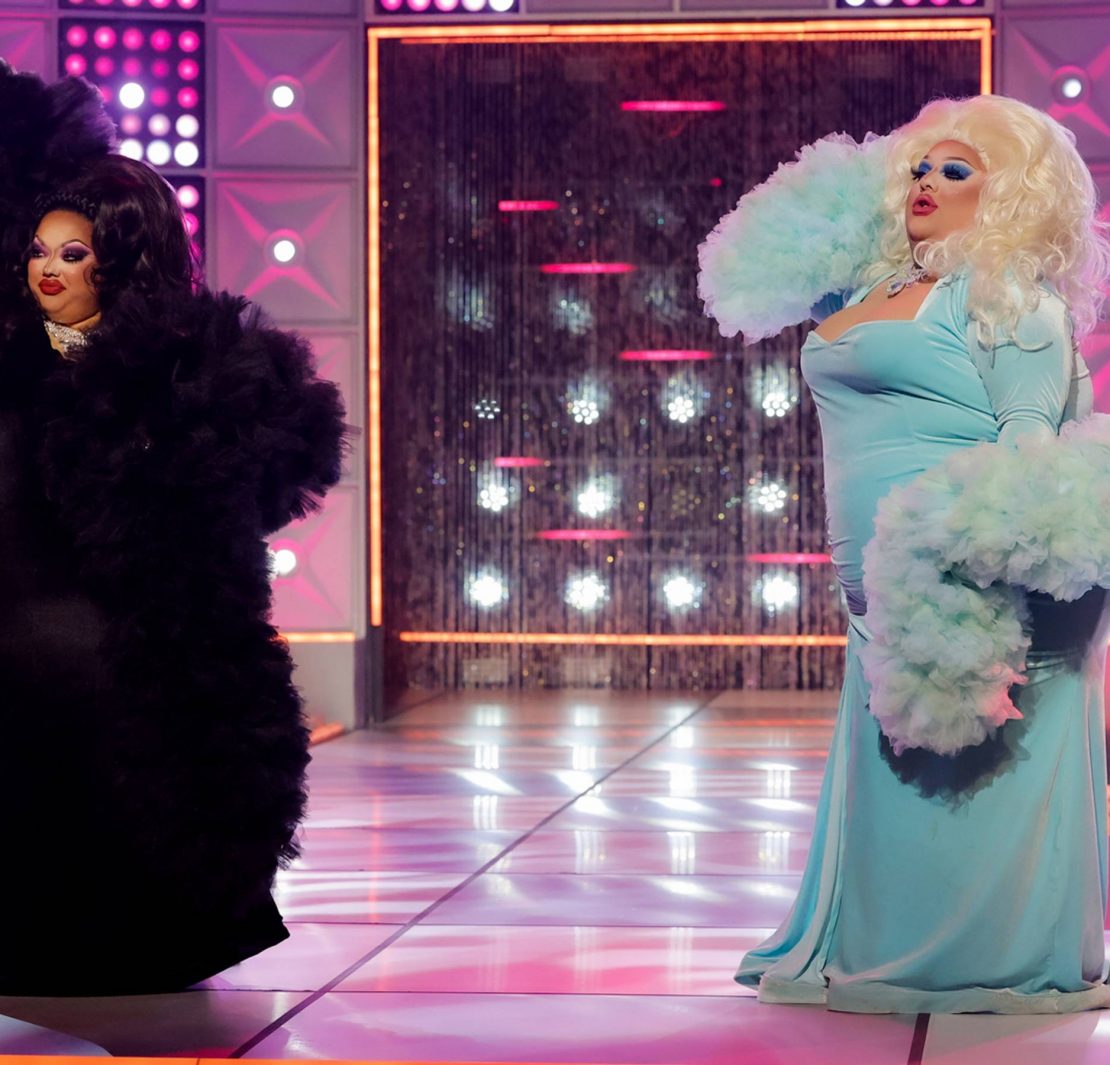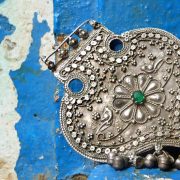On May 1st, singer and lesbian Jesus Hayley Kiyoko performed in Nashville, Tennessee as part of her ongoing panorama tour, where she invited drag queens to join her on stage. The singer shared her sour interaction with an ‘undercover’ cop who approached her before the show – threatening her with legal action if she let the drag queens on stage.
“They warned us to not bring any drag performers on stage,” Kiyoko shared in the caption of an Instagram video, recounting the experience. “I never want to put anyone in a position to be at risk or in danger in any way. But also where is the line of being silenced? How do we navigate these absurd threats and laws against our community? I find pride in making sure my concerts are safe places for ALL.”
In April, Tennessee became the first US state to ban drag shows in public. The first-of-its-kind legislation bans “adult cabaret entertainment” on public property or in locations where minors can view it. Such entertainment, according to the measure, includes “topless dancers, go-go dancers, exotic dancers, strippers, male or female impersonators, or similar entertainers” but critics of the bill argue it particularly targets the LGBTQ community, which has deep ties with drag.
Much like Kiyoko, many are publicly protesting the law– last week Lizzo also defied the police and invited drag queens on stage during her tour in Knoxville. The state already has obscenity laws, and for them to pass an additional law seems like an obvious attempt at unfair prosecution of the LGBTQ+ – especially given the state’s anti-gay history.
One of the biggest arguments against the law is that it assumes that drag is inherently sexual. Drag is a form of performance art, and by definition, there is nothing sexual about it. Some shows might have flirty or explicit songs and performances – but it does not typically include nudity or anything inappropriate for minors.
Drag has never enjoyed mainstream appeal, mostly due to its connection with gay culture. But contrary to popular belief, anyone can perform drag. Drag is a culture of self-expression quite like any other art form.
In the last ten years or so, shows like RuPaul’s Drag Race, HBO’s Legendary, Dancing Queen, Dragnificent, Dragula, and many others have made drag a mainstream form of entertainment media over the past few years. But for the most part, people still misunderstand what drag really means.
Drag is a gender-bending art form in which a person dresses in clothing and makeup meant to exaggerate a specific gender identity, usually of the opposite sex. A typical drag show will include lip-syncing or dance, and performers often have elaborate clothing, hair, and makeup. While drag queens are more popular, drag kings also exist.
In India as well, since the historic 2018 verdict – western drag culture is emerging from the shadows. But India’s relationship with gender subversion goes back centuries. Indian classical dance forms like Kuchipudi and Kathakali were traditionally performed by only men, who would take on both feminine and masculine roles as per the needs of the performance.
The idea of subverting traditional gender roles is also prevalent in several indigenous and folk performative practices in India and is also marked by social hierarchies like caste. For example, Launda Naach, a folk dance common in Bihar and Uttar Pradesh and often practised by people from marginalized-caste backgrounds, involves men performing elaborate dance dramas dressed in feminine attire. And lately, ‘vogue-ing’ – a subculture of American drag is also taking off in urban cities.
None of these classical art forms is inappropriate for children or inherently sexual – neither is Drag. Still, conservative states across the USA are in the process of passing similar anti-drag legislation as Tennessee, which will do nothing but prosecute thousands of LGBTQ+ individuals simply for the act of expressing themselves.





